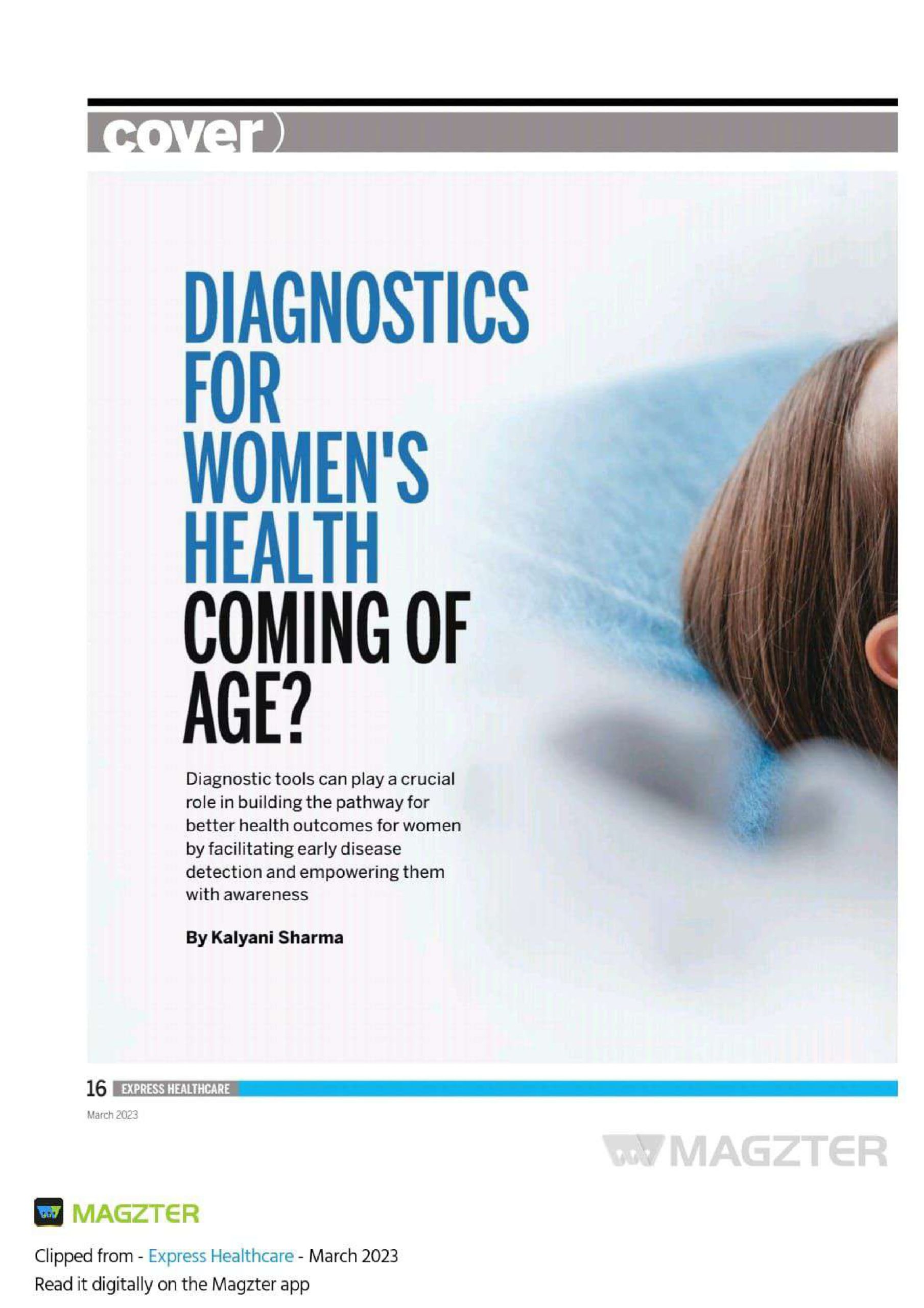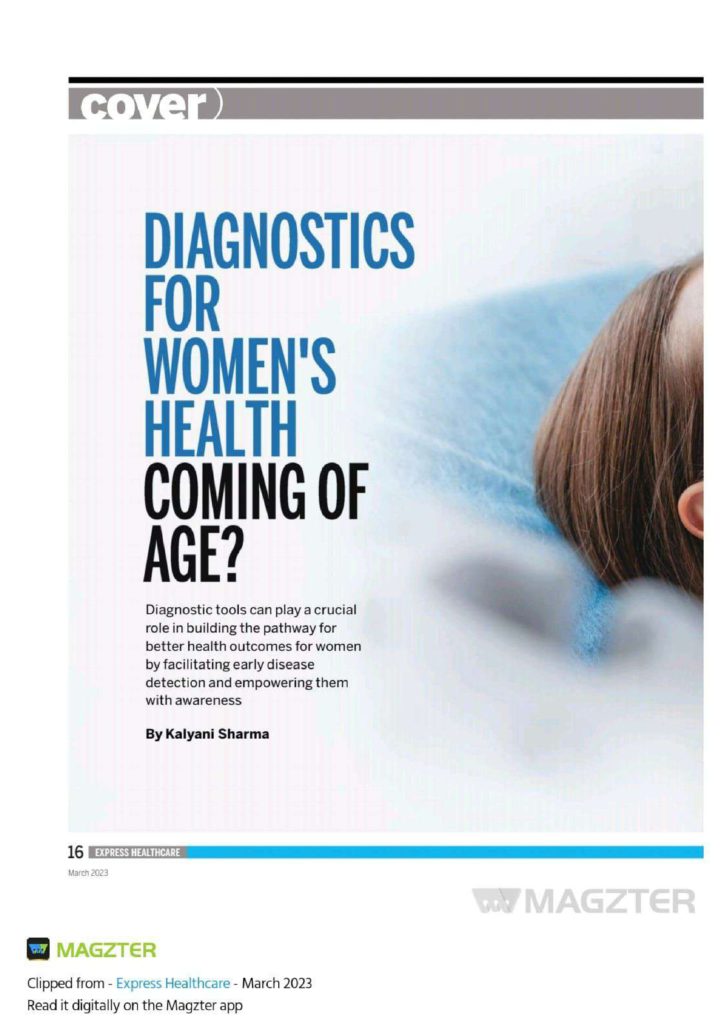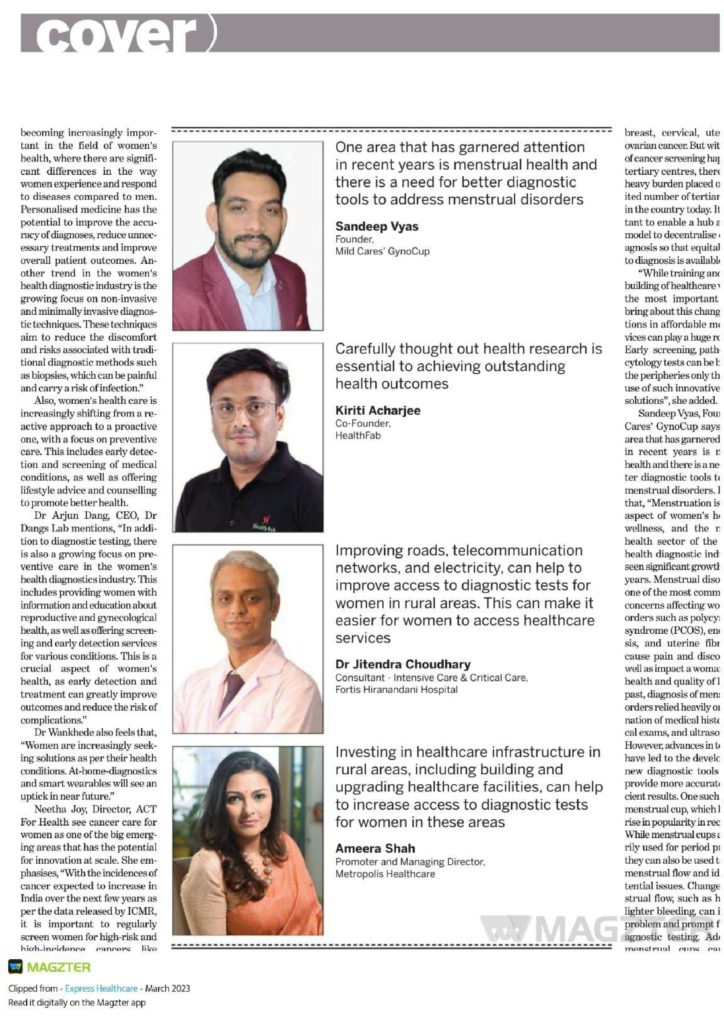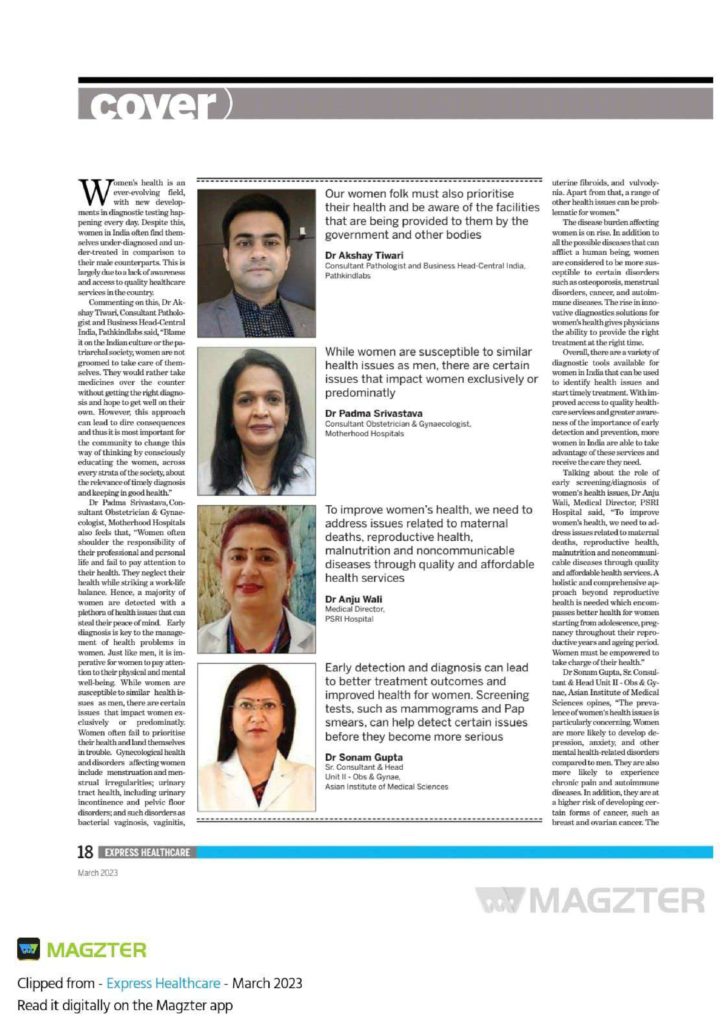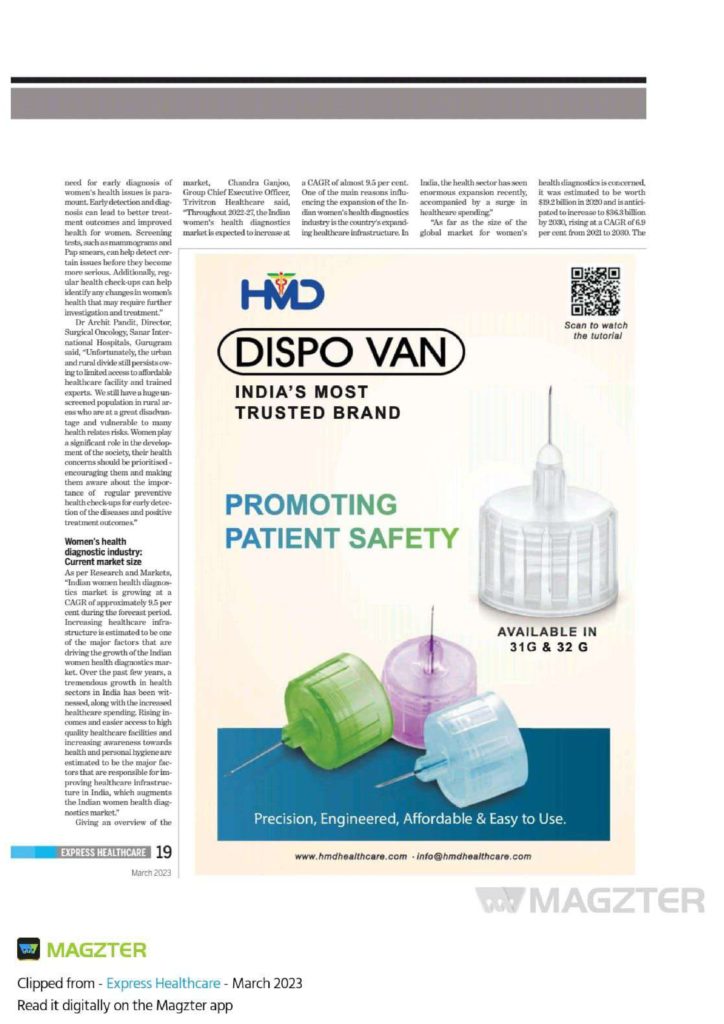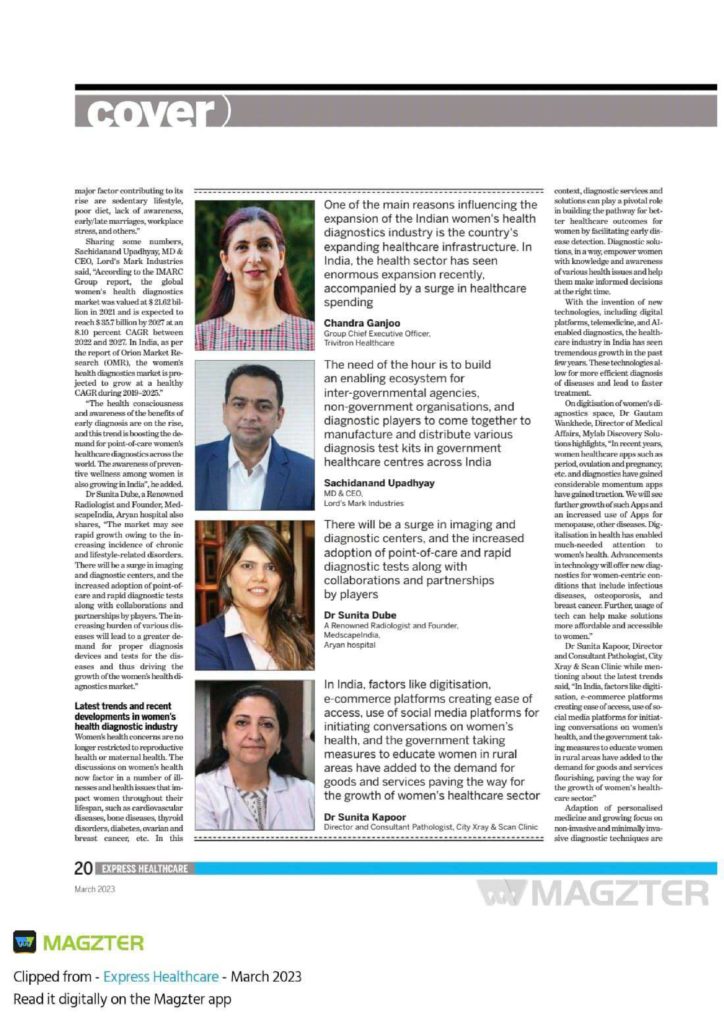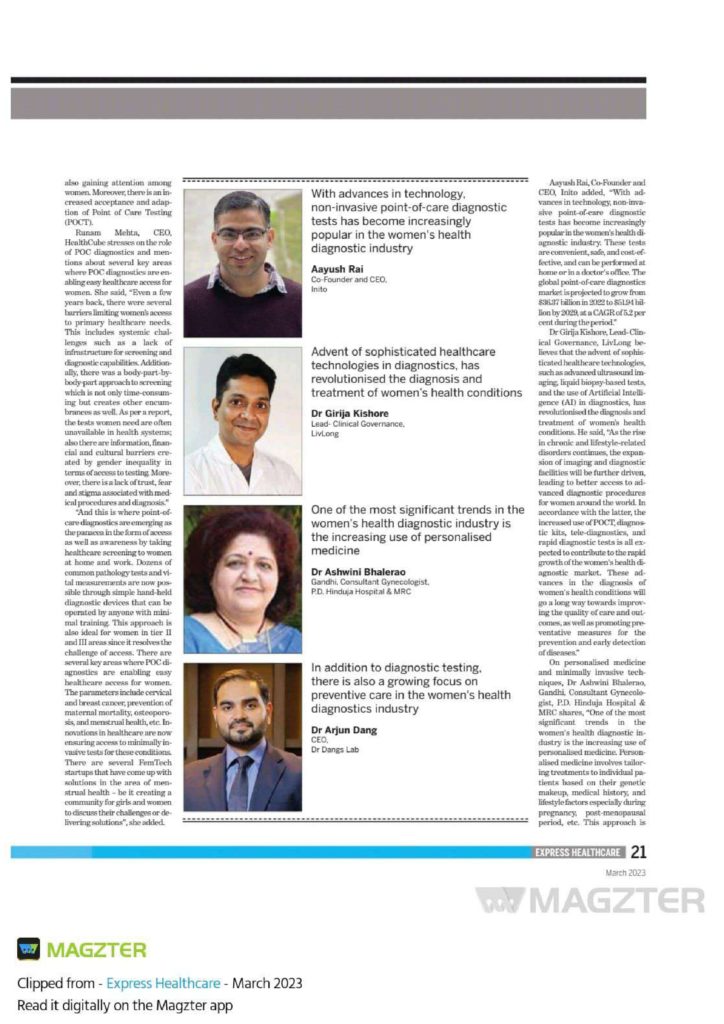Swallowed gum? Here’s what can happen next

Like chewing gum? Well, you must have come across people who may have warned you not to swallow gum! Yet, some people unintentionally or unknowingly swallow it, and then worry about whether it will stay in the stomach for a long time! Know all about such myths and also health risks you should be aware of.
Before you find the negative effects of swallowing gum, let’s understand what it is made of and determine whether it is harmful to eat.
Is gum made of harmful ingredients?
Mostly, gum is made of gum base or gum core, which may or may not be coated. The base of gum is made up of resins, plasticizers, and polymers. It can also be mixed with food-grade softeners, preservatives, sweeteners, colours, and flavourings. Often, gum has a powdered or hard polyol coating as well.
Several European studies recommend avoiding gums since they typically contain artificial flavours, artificial sweetener aspartame, and preservatives such as butylated hydroxytoluene (BHT).
You now understand that it should be avoided or consumed in moderation. However, what if you swallow gum?
HealthShots reached out to Dr Jagdish Kathwate, Consultant Neonatologist and Paediatrician, Motherhood Hospital Kharadi Pune, to find the outcomes of swallowing chewing gum.
What happens if you swallow gum?
First of all, the goal of chewing gum is not to swallow it. But some individuals tend to accidentally swallow it. Dr Kathwate says, “There are no known negative effects from swallowing chewing gum, so do not be concerned. However, the gum will sit for a long time in your stomach before you are able to digest it.” Sometimes, it could even travel through your stomach and be eliminated by faeces. But just be careful while chewing gum.
Can gum get stuck in the stomach?
The digestive system can take time to process gum, but it won’t sit in your stomach for seven years, as the myth tells you! It takes time because they system needs to break down the gum base.
In some cases, rarely, there can be blockage of the digestive tract due to swallowed chewing gum and one could experience nausea for a while as well. Yet, no major side effects from chewing gum have been reported.
What if children swallow gum?
Children are more prone than adults to have health problems as a result of swallowing gum. A child who swallows too much gum, particularly if they are already constipated, may experience an obstruction in their intestines, according to the Mayo Clinic.
The New York Times cites a 1998 study published in the Pediatrics Journal described a few instances in which children experienced “intestinal blockages” as a result of swallowing multiple pieces of gum or gum that later solidified to form larger masses with other non-food items. These blockages may result in excruciating discomfort, nausea, and constipation. Although it is a rare condition that eating gum can cause it.
So, should children eat gum?
Children can consume sugar-free gum, but just one piece per day is allowed. Also, it is best to see a physician before giving chewing gum to a child. After chewing the gum, carefully dispose of it.
When should you go to your doctor?
Seek medical attention, if you’ve swallowed a lot of gum and are exhibiting symptoms of intestinal obstruction, such as:
- Abdominal pain
- Constipation
- Excessive fullness or oedema in the body
- Painful cramps
- Vomiting
Now you know how much it is safe or not to swallow gum. So make sure you eat it in moderation and dispose of it, not swallow it.


 Toll Free Number
Toll Free Number















